Irvin Dawid discovered Planetizen when a classmate in an urban planning lab at San Jose State University shared it with him in 2003. When he left San Jose State that year, he took with him an interest in Planetizen, if not the master's degree in urban & regional planning.
As a long-time environmental activist, he formed the Sustainable Land Use committee for his local Sierra Club chapter and served six years on the Bay Area Air Quality Management District’s Advisory Council from 2002-2008. He maintains his interest in air quality by representing Sierra Club California on the Clean Air Dialogue, a working group of the Calif. Environmental Dialog representing business, regulatory and public health/environmental interests.
Major interests include transportation funding, e.g., gas taxes, vehicle miles traveled (VMT) fees, road tolls and energy subsidies that lead to unlevel playing fields for more sustainable choices.
He hails from Queens (Bayside) and Long Island (Great Neck); received an AAS in Fisheries & Wildlife Technology from SUNY Cobleskill and a B.S. from what is now Excelsior College.
After residing for three years on California’s North Coast, he’s lived on the San Francisco Peninsula since 1983, including 24 years in Palo Alto. Home is now near downtown Burlingame, a short bike-ride to the Caltrain station.
He’s been car-free since driving his 1972 Dodge Tradesman maxi-van, his means to exit Long Island in 1979, to the junkyard in 1988.
Major forms of transportation: A 1991 'citybike' and monthly Caltrain pass, zone 2-2. "It's no LIRR, but it may be the most bike friendly train in America."
Irvin can be reached at [email protected]
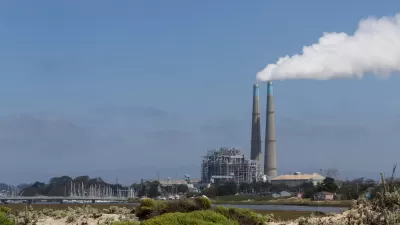
Making Natural Gas Power Plants Cleaner
Carbon capture and storage has long been associated with coal-burning power plants. Calpine Corp. hopes to apply the controversial technology to existing natural gas power plants, beginning with a pilot project to start this month in the Bay Area.
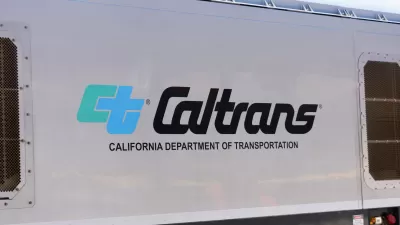
The ‘Three Pillars’ of Carbon Reduction, According to Caltrans
The California Department of Transportation released its draft carbon reduction strategy last month to apply for Carbon Reduction Program funds included in the Infrastructure Investment and Jobs Act. Road pricing plays a prominent role.
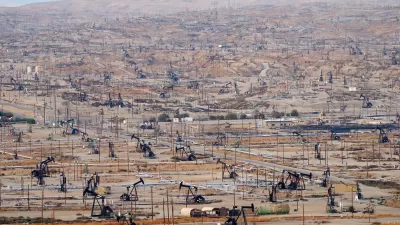
The ‘Necessity of Oil and Gas Drilling’
The California Supreme Court on Aug. 3 unanimously overturned a successful 2016 Monterey County ballot measure that banned new oil and gas drilling. According to plaintiff Chevron USA, the justices recognized the ‘necessity of oil and gas drilling.’
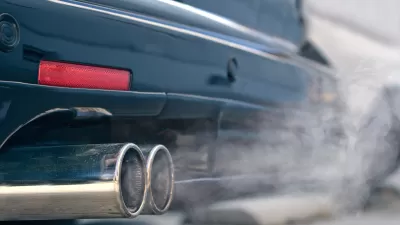
Federal Fuel Economy Rules Take Different Path than Emission Standards
The traditional approach for federal fuel economy and emissions standards is for the U.S. Department of Transportation and the Environmental Protection Agency to propose regulations simultaneously. This year is different.
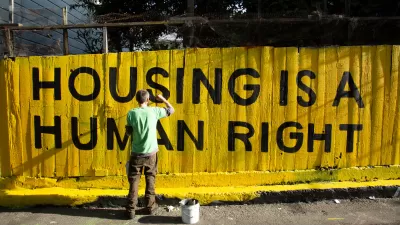
California Ballot Measures Would Aid the Mentally Ill and Drug-Addicted Homeless
Gov. Gavin Newsom proposed in March a two-part ballot initiative to tackle homelessness, focusing on mental illness and substance abuse, which would provide 10,000 beds in new, voluntary treatment facilities—but one funding source is controversial.

























